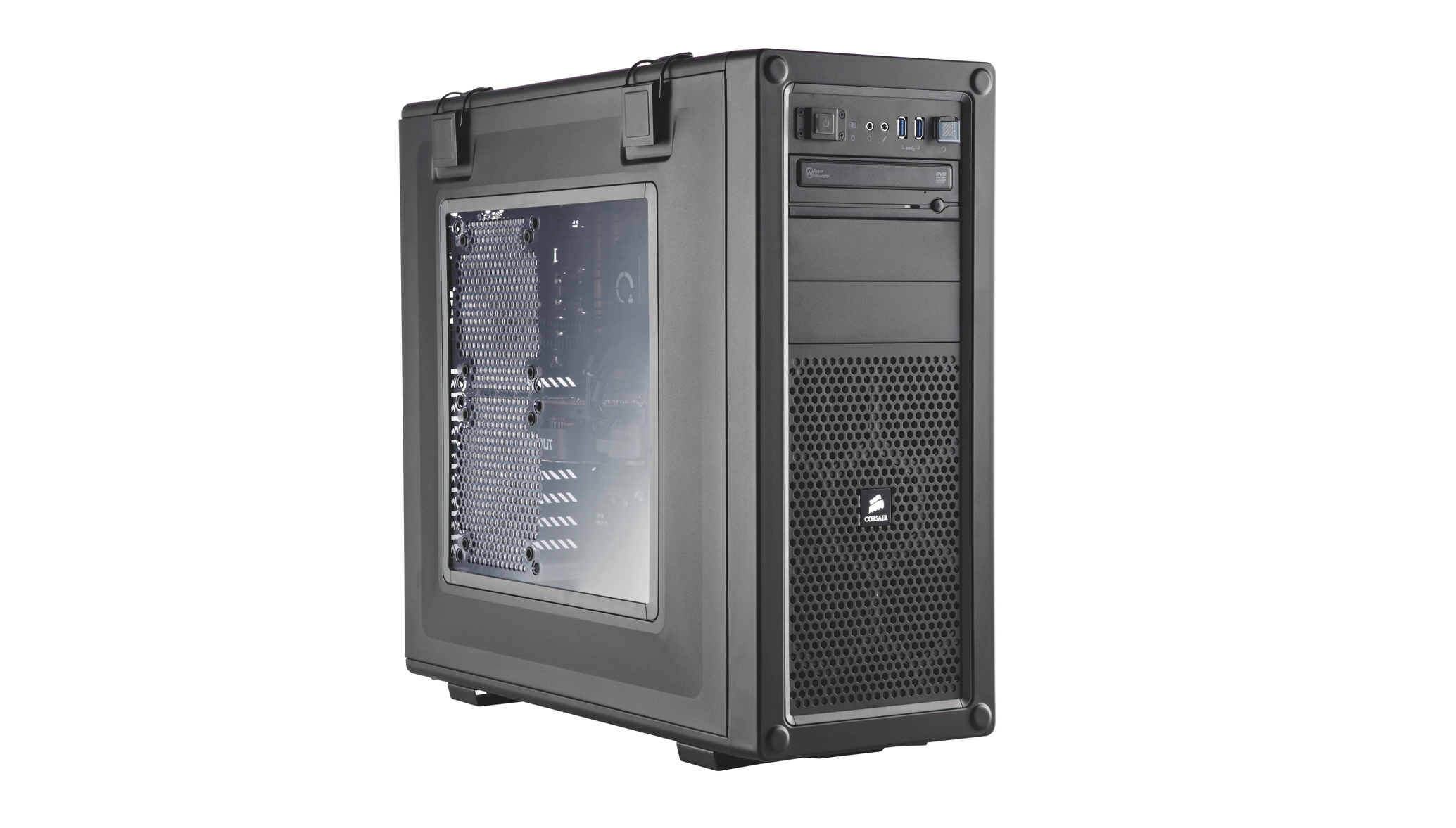Our Verdict
An excellent gaming rig, stocked with great components with only a slight pause about that Phison-based SSD.
PC Gamer's got your back
In the fast-paced world of the gaming PC, you might think that a PC with a spec that's almost a year old would be starting to show some serious signs of age. You may expect the demands of modern game engines would make the ol' processor creak and complain while the ageing graphics card wheezily rants about the youth-of-today, their terrible grammar and their oddly tight-fitting clothes.
But no, here I am testing out this here machine from Palicomp, with effectively a year-old spec, and it's right up there with the best gaming PCs around.
If you're looking for a big rig to withstand the test of time, I'd recommend looking at spending between £1,000 and £1,500. I'll admit that's a huge amount of money to drop on, well, any single thing, but if you want a top-spec machine that has a decent amount of future-proofing, then that's what you've got to spend.
Sure, you can build a good gaming PC for £500, but that will only be good enough for 1080p gaming right now. If you want higher resolutions, moving up towards the 27-30 inch, 2560 x 1600 screens, then you'll need the sort of gaming power the GTX 780 in this machine will afford you.
The reason this old spec is still so competitive is, first because prices have dropped and you can now get the Core i7 4770K and GTX 780 combo in at £1,400, and second because game engines are still not giving Nvidia's top 7-series card much of a stretch. That's great news for us gamers, and especially anyone able to drop this much cash on a full rig.
And because the current consoles (still the target development platform for many big titles) will remain behind a PC like this in terms of graphical power, you can bet this spec will still be competitive this time next year. In fact only serious hikes in resolution or extra DirectX 12 post-processing effects are likely to give it any problem.
So, what's in the rig then?
As expected, it's an Intel Z87 motherboard of the Asus Z87-Pro variety, and that's keeping an eight-threaded Intel Core i7 4770K fed and amped up to a hefty 4.6GHz operating frequency. Alongside that is the overclocked Palit GTX 780 graphics card, 16GB Crucial Ballistix Tactical RAM, a 240GB Corsair SSD and a 3TB Toshiba HDD. It's all tidily wrapped up in a Corsair C70 chassis for that ammo box chic.
The only chink in the armour could be the unknown quantity of that Corsair SSD. It's a 240GB Force LS drive and is based on a Phison memory controller. That makes it a pretty middling SSD and means it isn't going to bother the likes of Samsung or Crucial in terms of speed, but it's good enough for general usage and at 240GB isn't a bad size either.
But in terms of gaming performance the Hydro-780 happily outstrips any ~£1,500 PC you care to mention, even beating the similarly-specced Scan 3XS Vengeance 780 that's been my benchmark of affordable high-end gaming rigs for the last six months or so.
Yes, it may be a lot of money and yes, the specs are getting on for a year old, but nothing has come out that can compete at this price-point. You'd also really struggle to piece anything together yourself to beat either the Palicomp machine's build-quality, pricing or performance.
An excellent gaming rig, stocked with great components with only a slight pause about that Phison-based SSD.

Dave has been gaming since the days of Zaxxon and Lady Bug on the Colecovision, and code books for the Commodore Vic 20 (Death Race 2000!). He built his first gaming PC at the tender age of 16, and finally finished bug-fixing the Cyrix-based system around a year later. When he dropped it out of the window. He first started writing for Official PlayStation Magazine and Xbox World many decades ago, then moved onto PC Format full-time, then PC Gamer, TechRadar, and T3 among others. Now he's back, writing about the nightmarish graphics card market, CPUs with more cores than sense, gaming laptops hotter than the sun, and SSDs more capacious than a Cybertruck.


